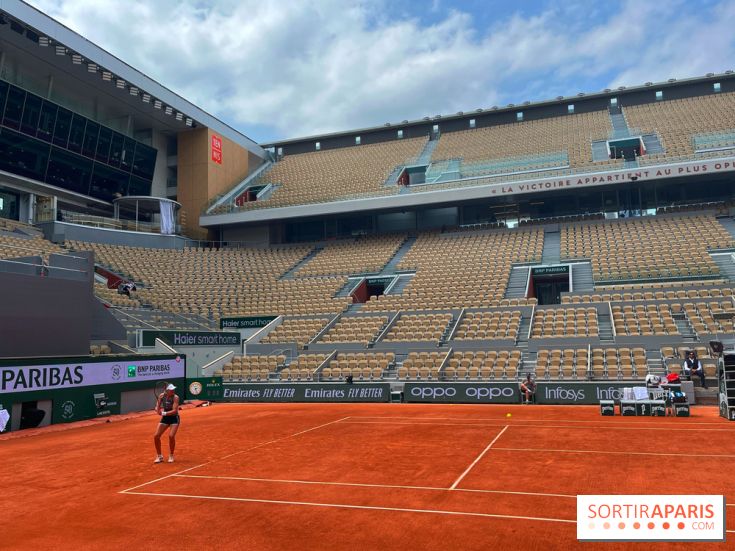The passion of the game, the thrills, the suspense, the cheers... There's no doubt about it, the Six Nations tournament is back on! England, Ireland, Scotland, Wales, France and Italy come together, as they do every year, for a fierce competition. Rugby fans can look forward to great performances and memorable encounters during this sporting season.
If you're a fan of XV rugby, you probably already know all about this not-to-be-missed tournament. But if you're not really familiar with the world of rugby, this competition may seem strange, not least because of the vocabulary used. Grand and petit slam, wooden spoon, crunch... But what do these barbaric terms actually mean? Here's a little sports lexicon to help you enjoy this new Six Nations tournament.
Let's start with an expression you may have heard before: the Grand Slam. This term is used when a team has won all its matches in the tournament. You don't have to win a Grand Slam to win the tournament, but the country that does can only win the competition. England is the country with the most Grand Slams, with 13. It is followed by Wales (12) and France (10).
Conversely, the wooden spoon "rewards" the team that has lost all its matches during the tournament. François Clauss, head of sports at Europe 1, explains that this is "a very old English tradition dating back to the end of the 19th century at Cambridge University, where rugby is played as well as studying ". In 1884, an English rugby player and student, William Bolton, gave a gift to the Irish team he had just beaten: a wooden spoon. Since then, this spoon has become "the symbol of defeat in rugby, and the wooden spoon has become an integral part of the tournament ".
The Six Nations tournament has been played with six players since 2000. In 23 years of participation, Italy has had 17 wooden spoons (and no Grand Slams). France has had one wooden spoon since 2000, and collected three before Italy entered the competition.
Specific terms also include Petit Slam: this word means that a team hasn't lost any matches, but has drawn one, preventing it from having a perfect Grand Slam.
This next expression only concerns the British nations: a mini-competition takes place at the heart of the Six Nations tournament. England, Wales, Scotland and Ireland compete for the Triple Crown - a symbolic award that honors the nation that has managed to win all its matches against the other three countries.
Finally, let's talk about the crunch. The crunch is the match of the year, the France-England clash. An eagerly-awaited match on both sides of the Channel, symbolizing the two countries' long-standing military rivalries. Today, it's on the stadium pitch that the nations settle their accounts - within the rules, of course. England currently dominates the competition, with around 60% of victories.
Now you're ready for the next matches!















